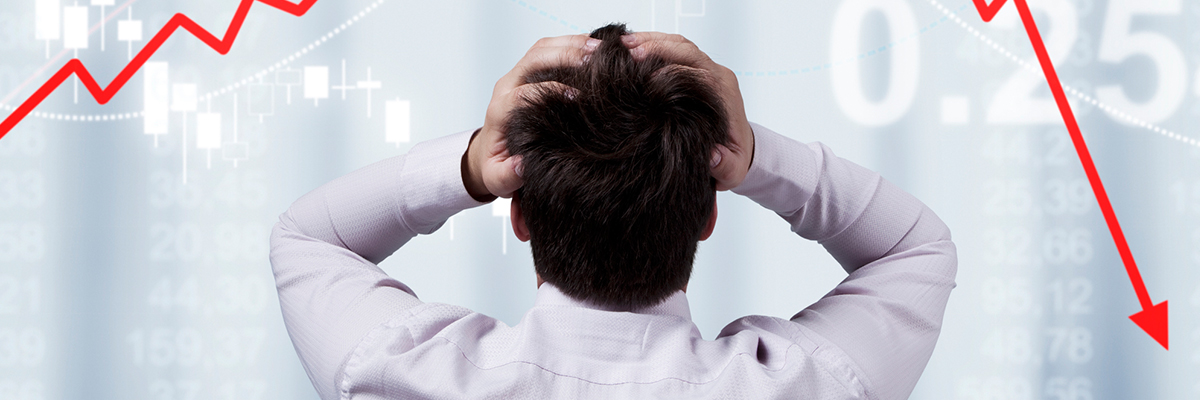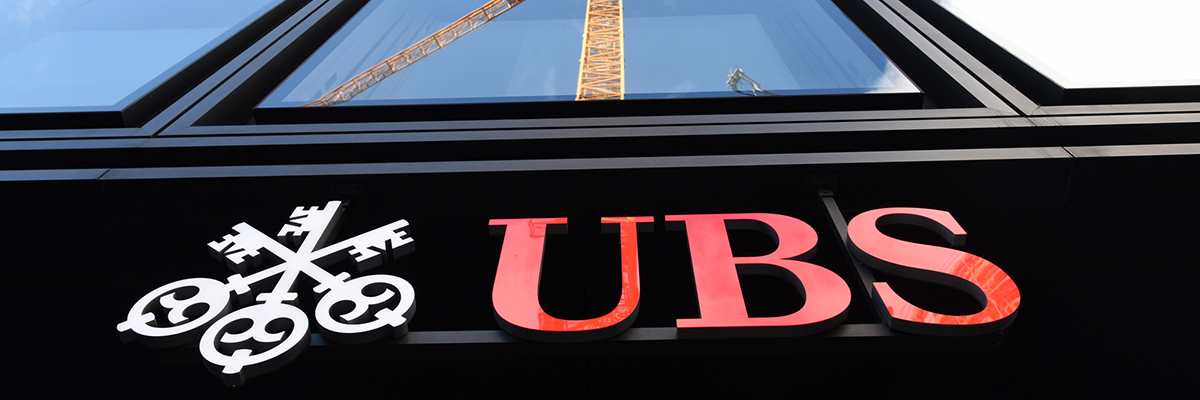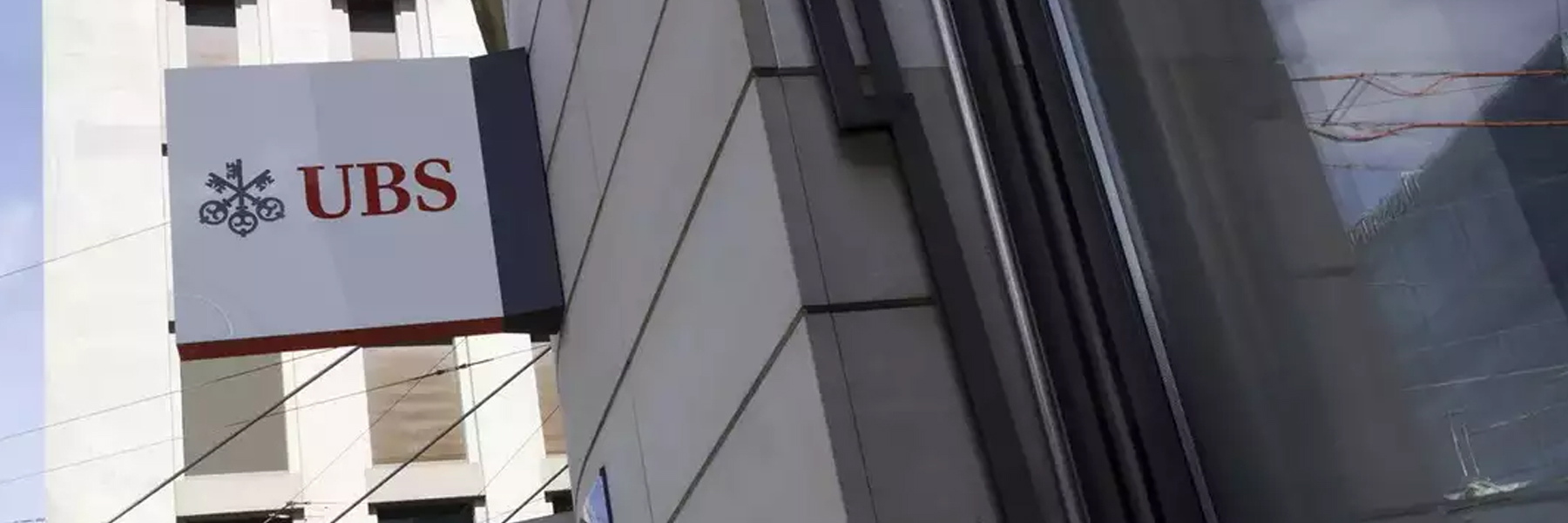American business practices long have shown the scars of national trauma’s, busts, and stock
market crashes. One thing is for sure – we always overcome the odds, re-make ourselves, and
adapt to a new norm.
The (current) events of the 2020 coronavirus will go down in history as yet another
major catastrophe; though the story of how we emerged and re-made ourselves will soon be
the realized with huge opportunities for those that have foresight. Looking back in history it is
interesting to see what dived and what thrived.
*The tech boom and stock market crash of the 90’s – exposed the mass irregularities of
business’s and lack of transparency of corporate America i.e. WorldCom, Enron, Arthur
Anderson.
* The 2000’s saw massive de-regulation of the banks – the booming global export of their
packaged products. The markets exploded.
* The crash of 2008/09 – saw an unprecedented injection of capital and debt into the
economic system. Wall Street was bailed out. One word, Madoff.
*A 12-year unprecedented bull market – fueled by a combination of Government
quantitative easing, monetary policy, and fiscal stimulus.
*The Coronavirus Crash of 2020 – was met by the largest injection of capital into our system ever
but how will the economy re-make itself, how will consumers adapt, and who and which
companies will fail and who will survive?
As advisors we must make our best prediction of how consumers and business will adapt to
the new norm. We must fast forward and envision – how will we consumers behave in 3
months, 6 months, 1 year and even several years down the road. It’s very predictable that we will
be fearful to never want this to ever happen again and we will do what it takes for our future
healthcare and our financial future.
Will we be back to normal buzzing about in mass malls,going to huge concerts and sporting events, cruise lines, packing planes, and spending lots ofour discretionary money on a luxury life? Or will we get more accustomed to going back to
basics, changing our routines, even more reliant on internet commerce, working more from
home, and a better and healthier family home life?
The Coronavirus has hit the world like a firestorm, and is certainly extremely dangerous and
contagious, though like all major natural disasters, this too will be contained and end in a
relatively short period of time. However, the economic virus caused by Covid-19 is equally
extremely contagious, is very far from being contained, nor will the global economy be
back to what is was for likely a very long time.
The world is interconnected more economically than at anytime in modern civilization, growth has peaked, and nearly every product consumer’s purchase – it touches one part of the world or
another. Essentially the entire engine has been halted and will take a very long time to get
anywhere close to what it was. Mostly, the global economic supply chain is very complicated
and like a heavy medal chain that has been melted or cut in half, it won’t be easy to fix.
Mass jobs will be lost – small, medium and large corporations will fail, international banking systems
will be heavy challenged, as well as entire sovereign nations budgets will be decimated. It is
likely that this will change global economics for a generation to come.
Though, the silver lining is just the like other major economic events; people adapt to a new
norm, habits change with a re-make, the economy with new industries created, and we will have
new norms. Consumers are fungible – companies are not as nimble.
The 1950’s American manufacturing industry peeked and accounted for over 40% of the
economy. As manufacturing jobs and industries went offshore, the US service industry
exploded to now representing 80% of our economy. These services have been supported by an
insatiable American consumer buying pattern for over an unprecedented 12-year steady bullish
run driving unemployment to 50 years lows of 3.5%.
With this event, it is obvious the short-term buying patterns and behaviors of consumers have
halted and also are likely to change long term – dramatically affecting our massive service
industry. People will change their habits, and some of these habits will stick. The pandemic
has been a relentless destroyer of brick-and-mortar businesses but is boosting almost anything
that can be done online or with minimal human contact — grocery deliveries, online learning,
takeout food, streaming video, even real estate closings done with online notaries, and
customers will expect everything can be dropped off at home.
Deliveries of items that were generally in-store purchases — fresh foods, prescription drugs —
could usher in new economies of scale that include the food and beverage industry; the lodging
and leisure industry; the entertainment industry including concerts, sports, movies, theme
parks; the healthcare industry; amongst many others.
As stated earlier, the Coronavirus will very predictably end; and so with any stock market crash
comes opportunity. Massive indiscriminate selling proves there is little liquidity, with a huge
dislocation in pricing, and those who invest thoughtfully, who can think thematically, will enjoy a
measurable return on investment. It’s obvious what will happen short term though, long term,
opportunities will be abundant whether you prefer to invest in real estate, art, stocks, bonds or
most any asset. This is an opportunity of a generation.
Most financial advisors have not adapted. I am astounded by how advisors and the institutions
they represent remain flat footed with old, staid investment allocations that are just fine for
this past, almost perfect, global economy. Most are not yielding to the current crisis, not
addressing what may happen nor what may be the new norm.
They mostly are crying the mantra, “stay the course’ and ‘asset allocation” and “I’ve seen this
before and hang on.” The reasons are many and some of this sentiment is self-fulfilling that
protects their own and the Banks they represent.
Mostly, its ineptitude or lack of inertia to
disrupt their models to take advantage of major changes in global markets (short term negative or long term positive). When thing turn, all boats go up in a rising tide, but some boats will rise
more than others. Therefore, would you rather own a portfolio that reflects the old economy
or addresses the new one? Understand, it’s not too late to act.
Remember:
*The 1929 Crash saw the markets down 86% and took 25 years to recover.
* The 2000 crash took markets down 50% which took over 2.7 years to hit bottom.
*The 2008 Crash that saw markets down 56% which took over 1.5 years to hit bottom.
*The CoronaCrash is only down 20% as of 3/27. A month of downdraft market volatility.



